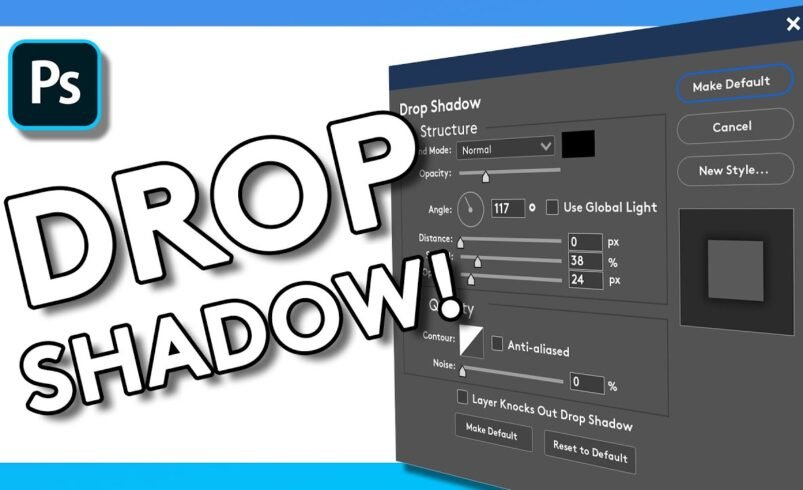Unlocking the Potential: Market Customer Research Jobs and Career Paths

Understanding customers lies at the core of many industries. By learning peoples’ real needs, businesses can create better products and services. Many interesting roles focus on uncovering these important insights. In this blog, we will explore some common career options in the growing field of market customer research jobs. We will cover the typical duties, necessary skills and education paths for roles like market analysts, product managers and data scientists. Whether your passion involves people, numbers or innovation, these careers may unlock potential ways to positively impact lives through research that strengthens experiences.
Exploring Different Career Paths
Today we will look at several growing careers in customer insights and market research. By understanding people’s needs and motivations, these jobs help improve products and services. Let’s see how each role contributes to unlocking potential.
Market Research Analyst
This role collects and analyzes data on customer preferences. An analyst talks to shoppers, reads reviews and reports findings. They help decide what new things to offer. Analysts need to study people and trends. A degree is good, but some get started with experience. The work involves talking to all sorts of folks.
Marketing Manager
Managers oversee customer campaigns and brand strategies. They use research to create messaging people care about. Managing involves leadership, budgets and collaborating in teams. Managers advance with experience directing projects. A degree in marketing or business is common. Creativity and problem-solving skills serve managers well across many industries.
Customer Insights Specialist
Specialists focus on understanding current and would-be customers. They study what pleases and displeases buyers. Insights help enhance the customer experience. Specialists listen to feedback and spot patterns. A background in research, statistics or psychology provides a solid base. Companies value specialists able to simplify complex information for decisions.
Data Analyst
Analysts have essential roles making sense of numbers. They organize customer, sales and operational data. Analysts spot what numbers mean and how to improve. Strong math and researching abilities allow analysts to surface valuable insights. Many analysts start with bachelor’s degrees and gain skills through certification programs. Analyst roles offer career paths across private and public sectors.
Product Manager
Managers lead new offering developments from concept to launch. They work with research, engineering and design to create successes. Managers apply learnings to meet unfilled needs. Problem-solving, communication and mastering technical details challenge product managers daily. A degree in engineering or business with relevant work experience positions candidates well for these influential market customer research jobs.
Consumer Behavior Researcher
Researchers deepen understanding of why and how people make choices. They conduct surveys, experiments and qualitative studies to gain understanding of routines and motivation. Researchers analyze findings to benefit products, services and marketing. Research experience, statistical proficiency and advanced degrees in fields like psychology or marketing pave the path to these fascinating positions. Researchers stay current by constantly learning about emergent behaviors and trends.
Key Responsibilities and Duties
Customer-focused market customer research jobs involve important tasks that can vary with each position. Let’s explore some common responsibilities across research-related careers.
Conducting Market Research Studies
Roles require designing and implementing surveys, focus groups, interviews and experiments. This involves developing questions, recruiting participants, facilitating discussions, observing behaviors and compiling responses. Careful study design and skills interacting with diverse audiences are essential.
Analyzing Data to Identify Consumer
Trends and Preferences. Most positions emphasize reviewing numbers, comments and statistics to understand what truly motivates choices. Skilled discernment and logical thinking allow professionals to surface meaningful insights from raw information. Proficiency with research tools and data visualization too aids comprehension.
Creating Reports and Presentations for Stakeholders
Across functions, documenting findings clearly and succinctly holds significance. Transforming data into engaging reports and presentations helps educate colleagues and drive impactful decisions. Strong writing and public speaking make researchers influential communicators of consumer understanding.
Developing Strategies Based on Research Findings
Many roles involve proposing recommendations for evolving offerings, marketing approaches or business models based on unmet needs and preferences. Creativity joins critical thinking in devising plans to deliver enjoyable experiences that people value. Problem-solving further contributes value in opportunity identification.
Educational Paths and Training
Pursuing customer-focused work starts with hands-on preparation. Formal education, internship experience and continual learning all provide options for interested individuals.
Degrees and Certifications Relevant to Market Customer Research
Common choices involve bachelor’s programs in marketing, psychology or statistics. Alternatives include business administration or a liberal arts degree with research options. Professionals sometimes pursue master’s degrees or certificates in fields touching on human behavior, data or their industry. Certification programs offer specialized skills training too.
Internship and Entry-Level Opportunities
Hands-on experience gives students practice applying classroom knowledge. Seeking internships with marketing firms, research companies or product teams introduces prospective professionals to daily responsibilities. Some entry roles in market customer research jobs exist for those passionate yet lacking experience in specific areas like project coordination or market research assistance. Both paths start building career foundations.
Continuing Education Options for Career Advancement
Once employed, lifelong learning keeps careers fresh and advancing. Employers may sponsor relevant specialization courses. Online programs allow focused skill upgrades fitting schedules. Advanced degrees open leadership prospects over time. For example, some grow into manager roles with a project management certificate or switch Industries leveraging new training. Conferences provide network growth through exposure to evolving practices.
In all, interactive experiences complement studies allowing professionals to test interests authentically. Whether within academic settings or on-the-job, immersing oneself in applicable situations cultivates crucial abilities businesses desire in customer roles. With dedication to honing applicable talents, various educational avenues invite entry and support progressing rewarding careers centered on unlocking commercial understanding through research.
Conclusion
The market research and customer insights careers discussed offer many rewarding ways to apply skills while helping organizations improve experiences. With so many options available remotely in today’s digital age, RemoteHub is a great place to explore opportunities matching your interests. On RemoteHub, you can build your profile, search thousands of remote jobs including market customer research jobs listing from global companies, and connect directly with recruiters. RemoteHub also offers an online community where you can network with other remote professionals, learn new skills, and get career coaching. Whether you’re looking to enter the field or advance your current customer-focused career, RemoteHub can help unlock new potential through remote opportunities in market research and other in-demand industries. We encourage you to check out RemoteHub today to discover your next step!



